


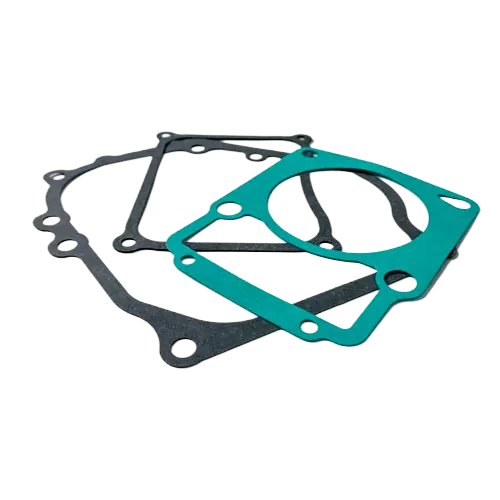
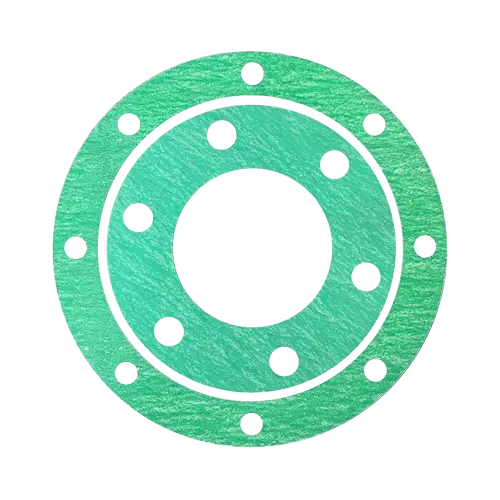
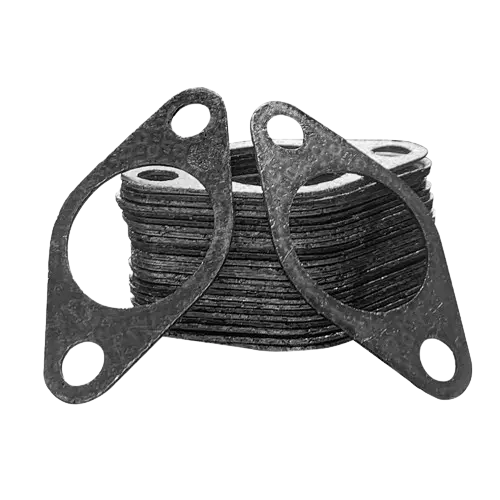
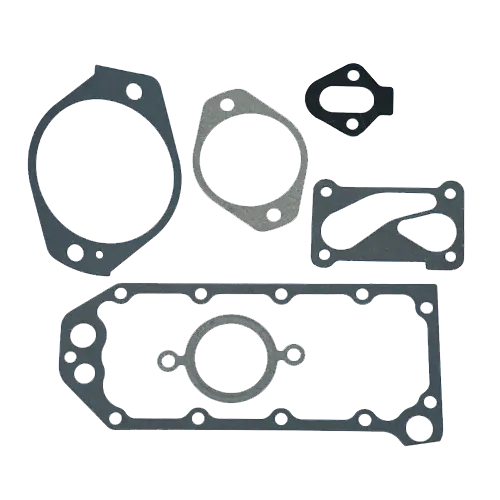

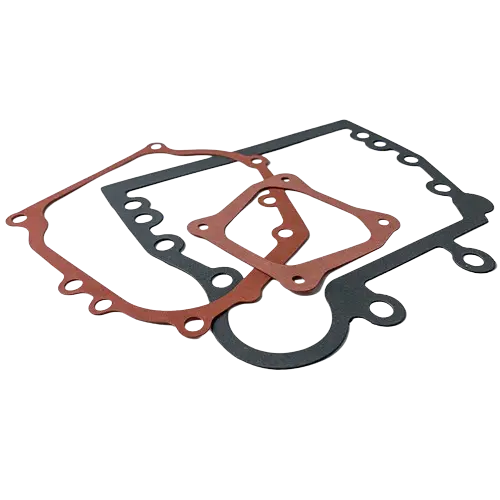
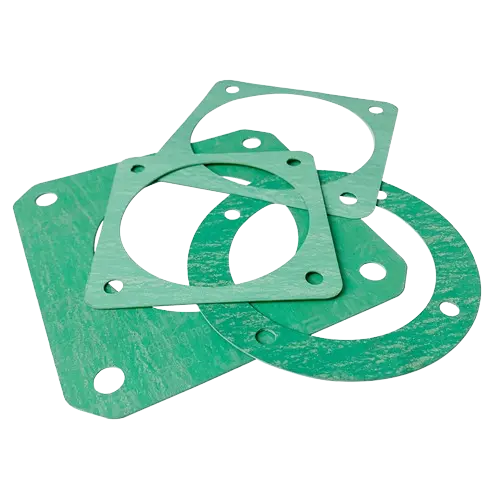
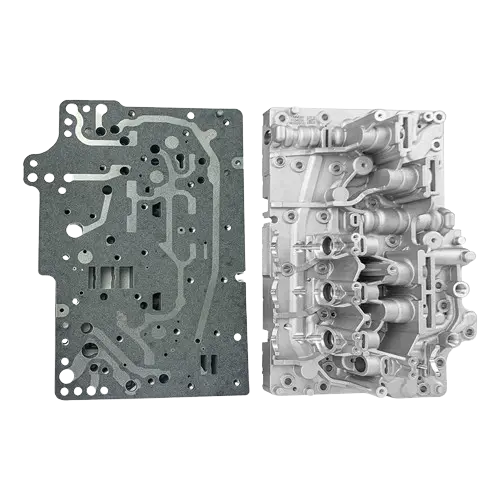
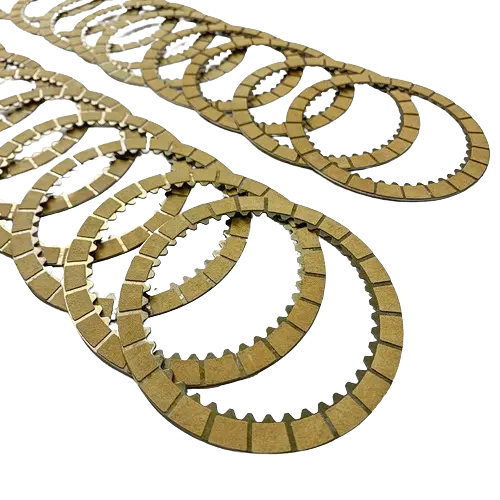












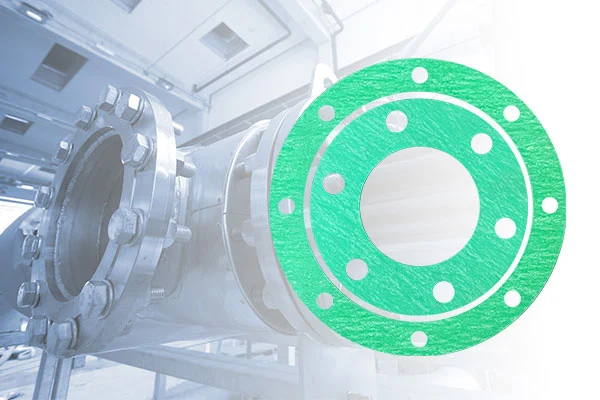
Sealing performance: Gasket materials provide excellent sealing performance, ensuring that no leakage occurs in vital components such as pipelines, valves, and flanges.
High temperature and pressure resistance: Gasket materials are specifically designed to withstand high temperatures and pressures, which is essential in the oil, gas, and energy sectors where extreme conditions are common.
Chemical resistance: Gasket materials are resistant to a wide range of chemicals and corrosive substances commonly found in the oil, gas, and energy industries.
Non-asbestos fiber gaskets are made from aramid, glass fiber, or carbon fiber materials blended with polymers or elastomers. These gaskets offer excellent resistance to high temperatures, pressures, and chemicals, making them suitable for a wide range of applications in the oil and gas sector.
Graphite gaskets are widely used in the oil and gas industry because of their excellent resistance to high temperatures, chemical corrosion, and pressure. They can withstand extreme conditions and provide a reliable seal in applications such as flange connections, valves, and heat exchangers.
Ring joint gaskets are primarily used in high-pressure and high-temperature applications, typically in oil and gas wellhead systems and valves. These gaskets are made from metal, such as soft iron or stainless steel, and provide a tight and reliable seal by deforming under load and filling the irregularities of the flange surfaces.
Compressed fiber gaskets, also known as paper gaskets, are made from cellulose fibers and other natural or synthetic materials bound together with elastomers. These gaskets offer good resistance to oils, fuels, and non-aggressive chemicals and are commonly used in less demanding applications within the oil and gas sector.